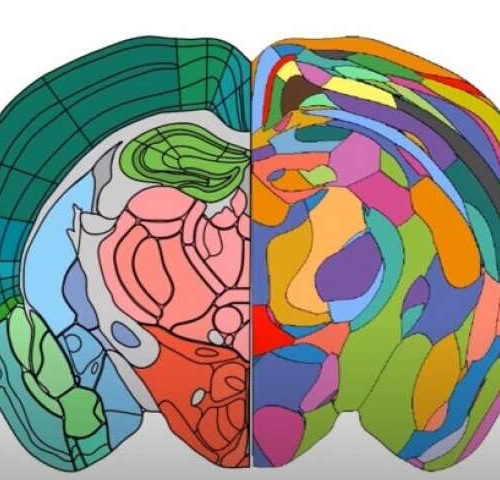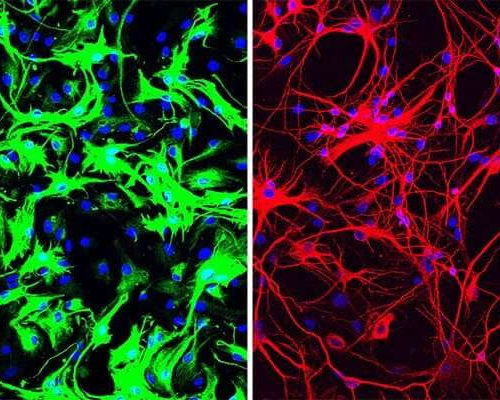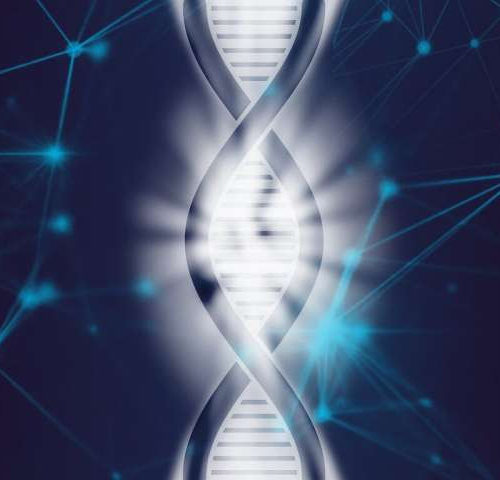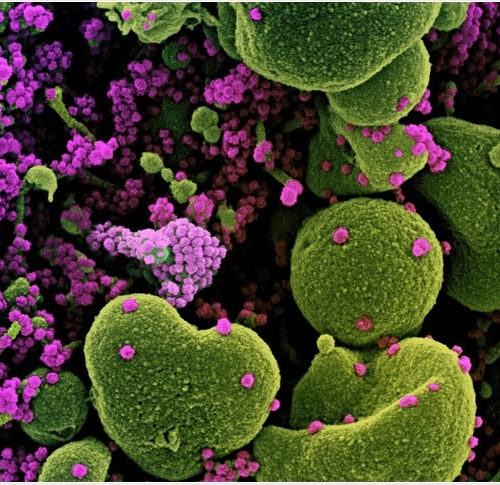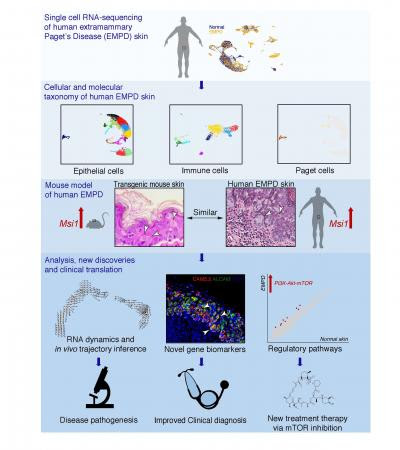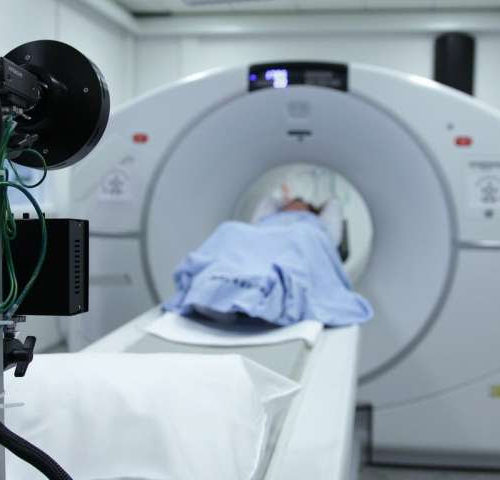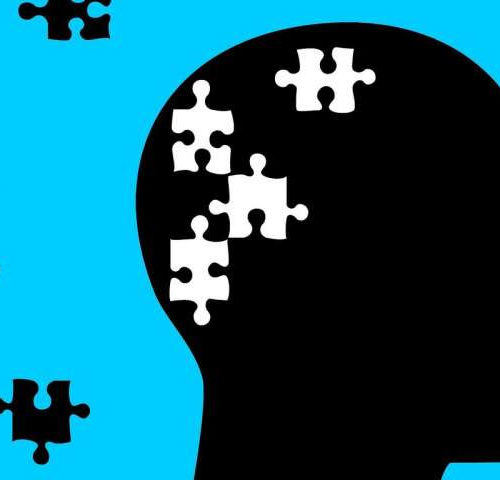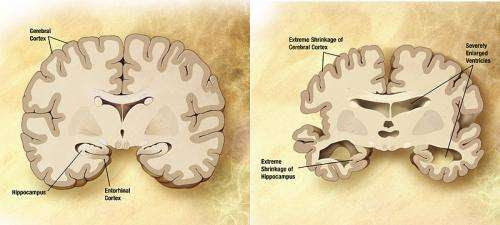by Felicia Lindberg, Karolinska Institutet Researchers have mapped the mouse brain into areas according to their molecular profile. In a new study researchers at Karolinska Institutet and KTH Royal Institute of Technology have developed a new kind of brain atlas based on an innovative method of mapping brain tissue into areas according to their molecular...
Tag: <span>molecular</span>
Urine test reveals quality of your diet — and whether it’s the best fit for your body
Scientists have completed large-scale tests on a new type of five-minute urine test that measures the health of a person’s diet, and produces an individual’s unique urine ‘fingerprint’. Scientists have completed large-scale tests on a new type of five-minute urine test that measures the health of a person’s diet, and produces an individual’s unique urine...
Let the robot swarms begin!
Multi-disciplinary research has led to the innovative fabrication of molecule-sized robots. Scientists are now advancing their efforts to make these robots interact and work together in the millions, explains a review in the journal Science and Technology of Advanced Materials. A molecular robot, which is typically between 100 nanometers to 100 micrometers long, requires an...
One-time treatment generates new neurons, eliminates Parkinson’s disease in mice
by University of California – San Diego Xiang-Dong Fu, Ph.D., has never been more excited about something in his entire career. He has long studied the basic biology of RNA, a genetic cousin of DNA, and the proteins that bind it. But a single discovery has launched Fu into a completely new field: neuroscience. For...
Genomes front and center of rare disease diagnosis
by National Institute for Health Research BioResource A research program pioneering the use of whole-genome sequencing in the NHS has diagnosed hundreds of patients and discovered new genetic causes of disease. Whole genome sequencing is the technology used by the 100,000 Genomes Project, a service set up by the government which aims to introduce routine...
GENES MAY EXPLAIN WHY SOME PEOPLE LOVE TO HUG
By Dr. Liji Thomas, MD The current COVID-19 pandemic demonstrates the vast unknown of virology, which continues to challenge the ability of humanity to remain healthy when faced with pathogens. While most known microbes have restricted affinity for specific species, continuing to adapt with the host species, the severe acute respiratory syndrome coronavirus 2 (SARS-CoV-2)...
Key signaling pathway in the pathogenesis of Paget’s disease identified
New study finds use of topical cream can alleviate skin symptoms UNIVERSITY OF CALIFORNIA – IRVINE THE IMAGE IS A DIAGRAM OF THE MAJOR FINDINGS OF THE STUDY. view more CREDIT: UCI SCHOOL OF BIOLOGICAL SCIENCES Irvine, Calif., June. 25, 2020 — Researchers from the University of California, Irvine, in collaboration with their colleagues from...
How ApoE4 endangers the brain
by Max Delbrück Center for Molecular Medicine Apolipoprotein E (ApoE) is kind of like a delivery service for the human brain. It supplies neurons with important nutrients, including with polyunsaturated fatty acids—which are building blocks of the membranes surrounding the neurons. In addition, certain unsaturated fatty acids are converted into so-called endocannabinoids. These are endogenous...
Unexpected mental illnesses found in a spectrum of a rare genetic disorder
by UC Davis UC Davis MIND Institute researchers found an unexpected set of mental illnesses in patients with a spectrum of a rare genetic disorder. Their study revealed the need for clinicians to consider the complexities of co-existing conditions in patients with both psychological and fragile X associated disorders. Double-hit fragile X spectrum cases The...
Different ‘subtypes’ of Alzheimer’s may be linked to different modifications of the tau protein
by Massachusetts General Hospital A new study reveals a possible biological reason that Alzheimer’s Disease (AD) progresses at different rates in different patients. The study, which was led by Massachusetts General Hospital researchers, focused on tau, a protein found in the neurofibrillary tangles in the brain that are a well-known sign of AD. Tau can...

